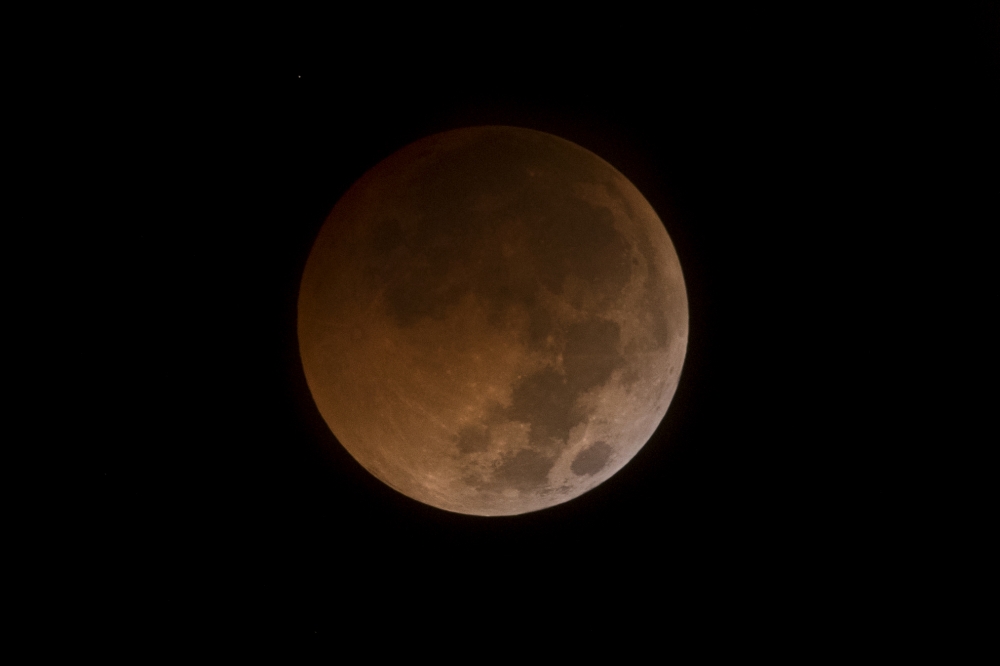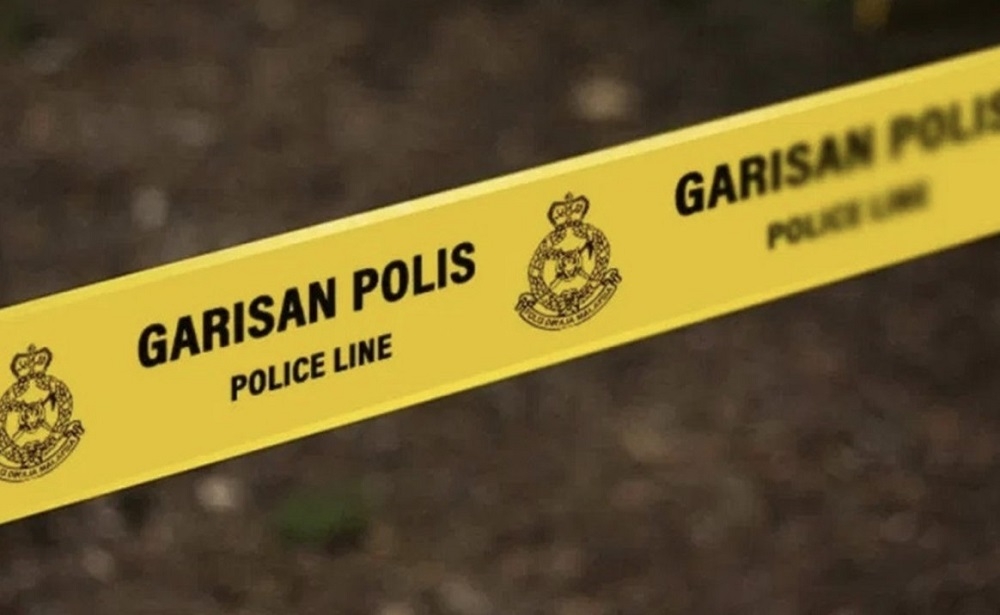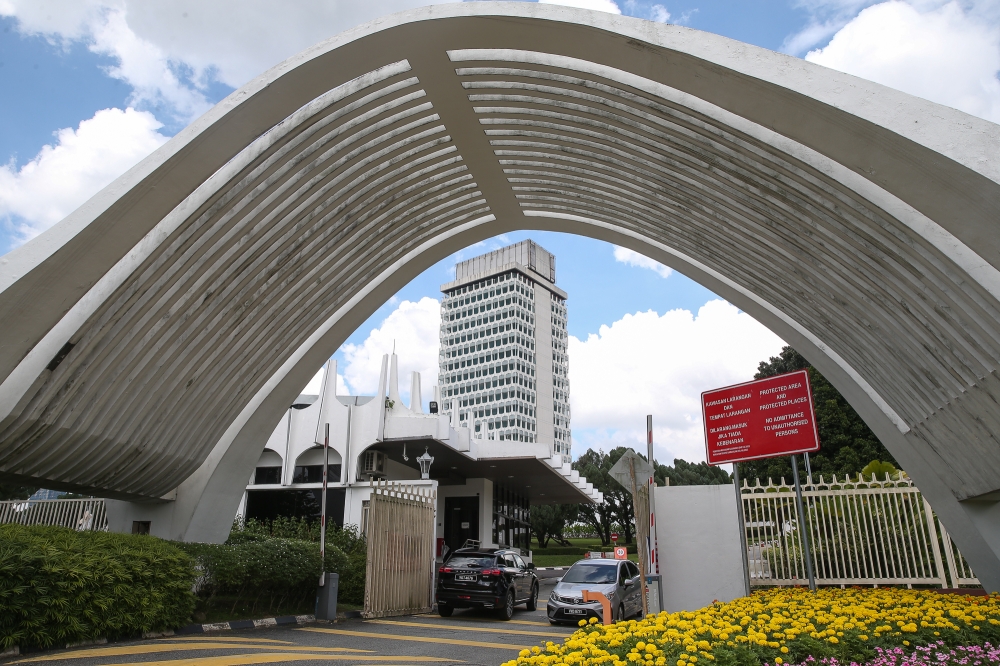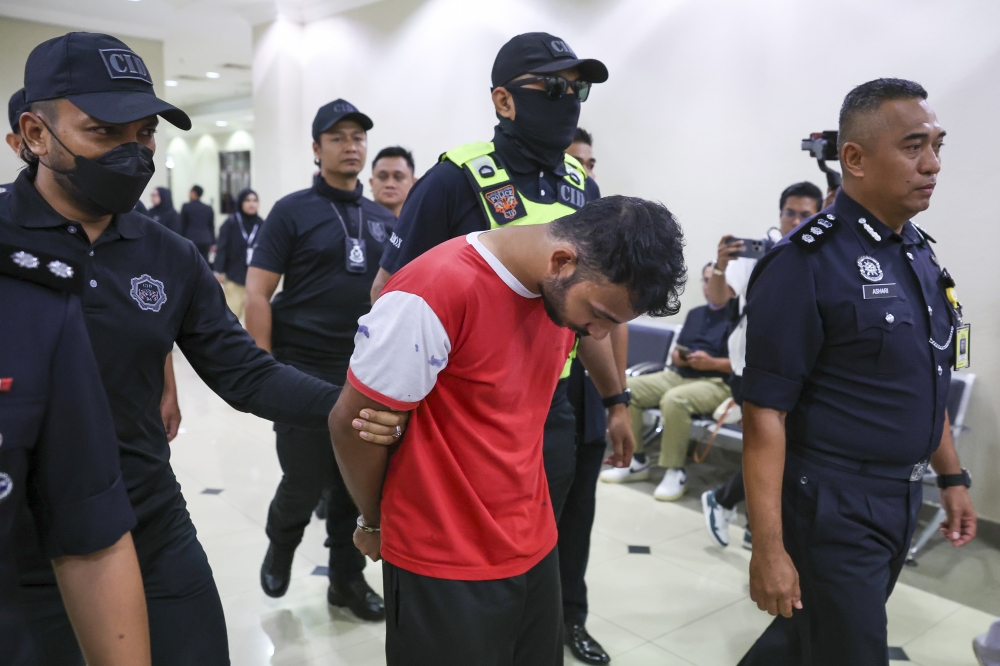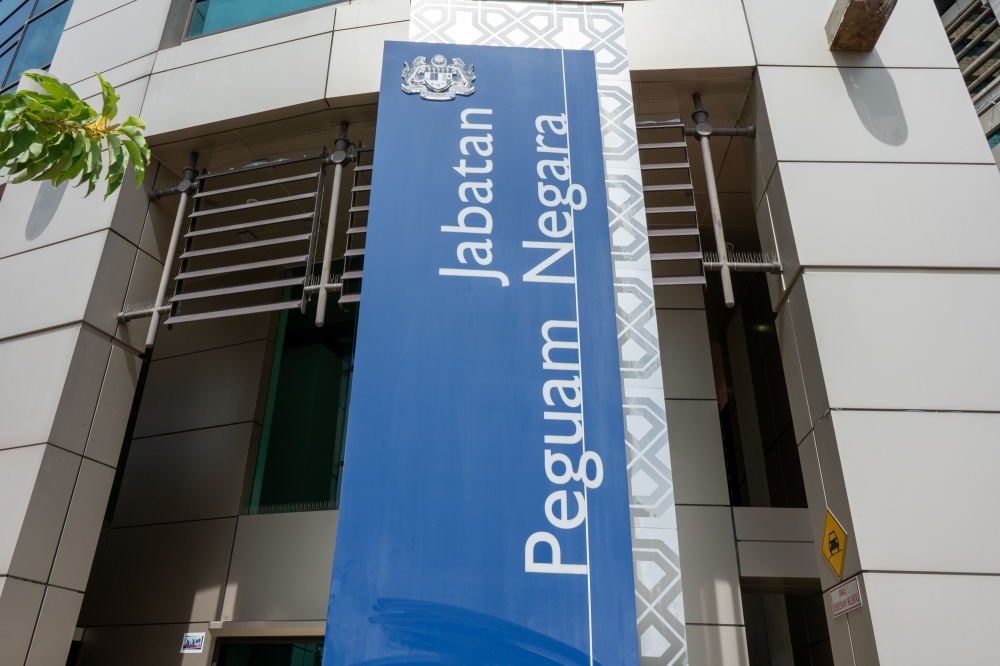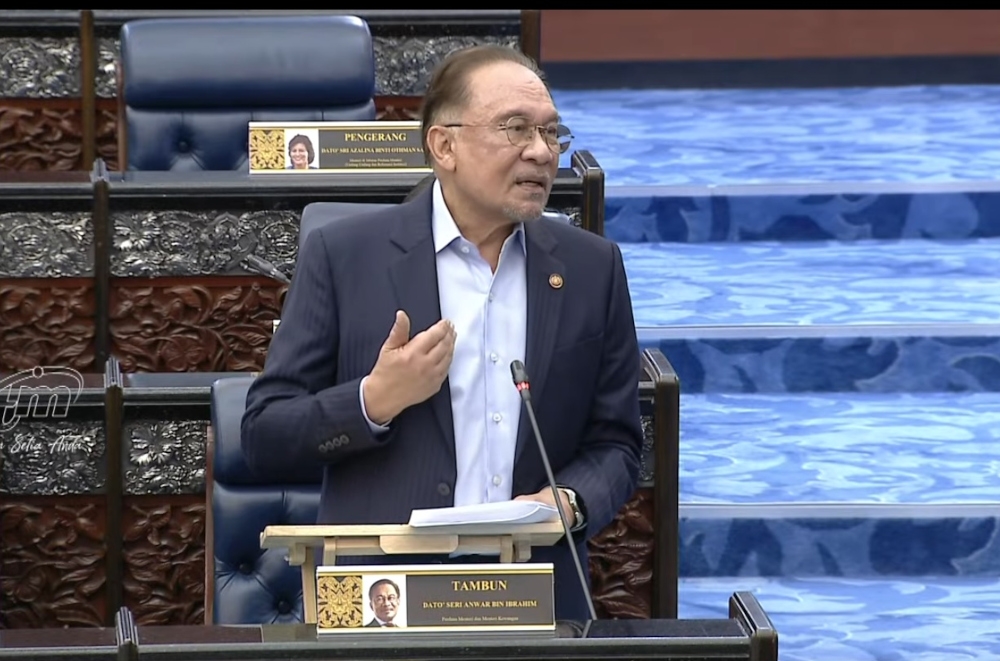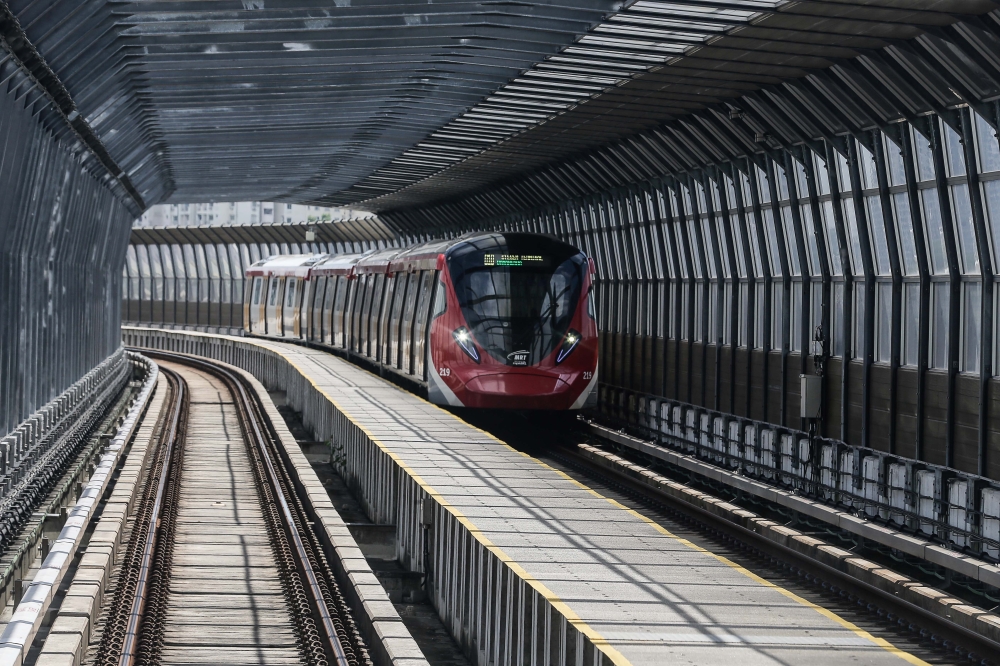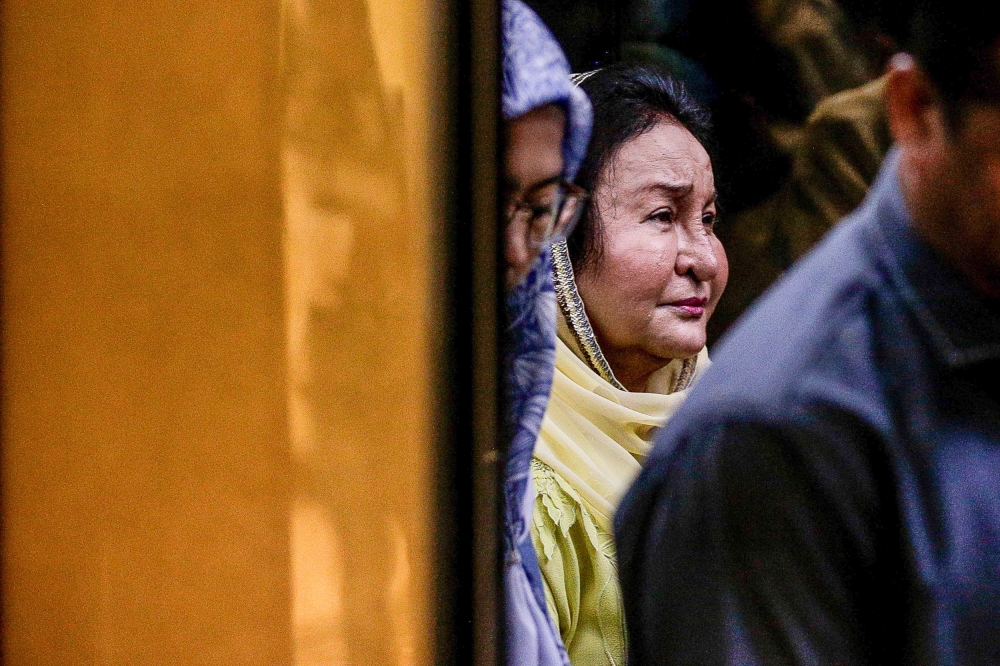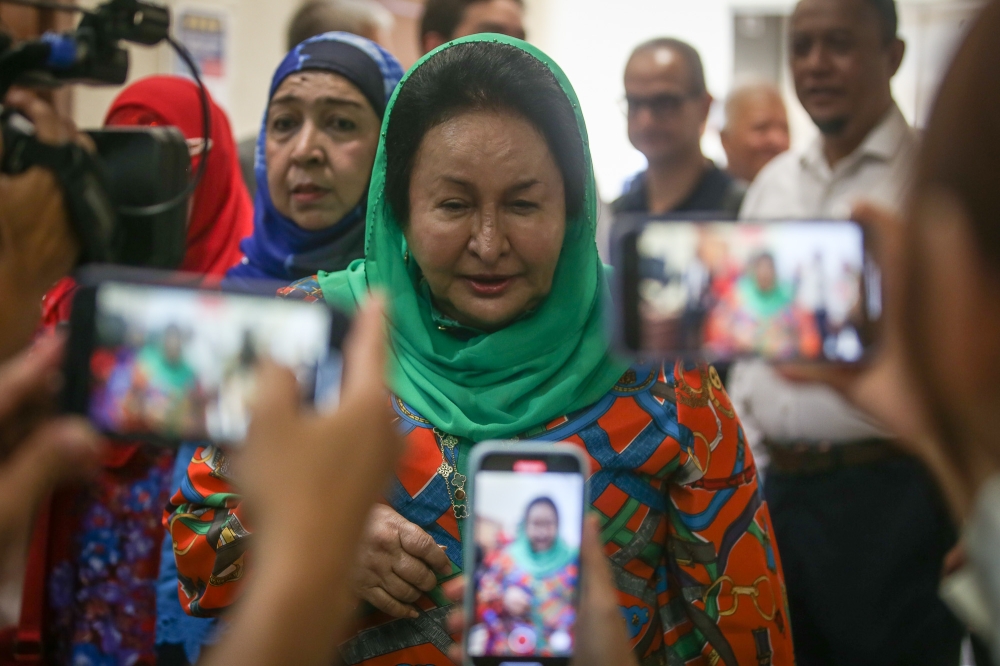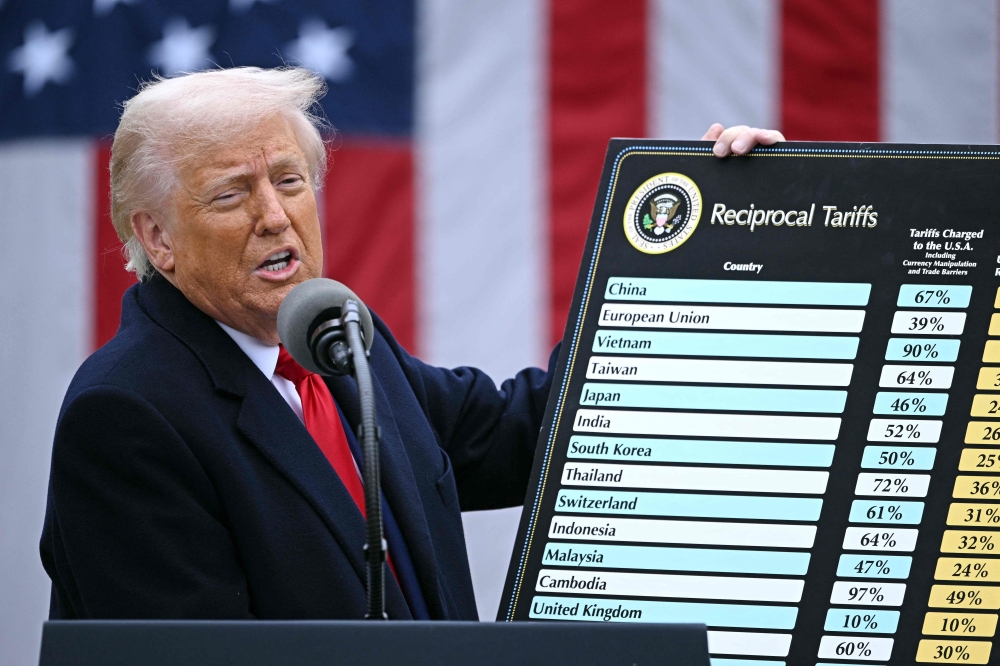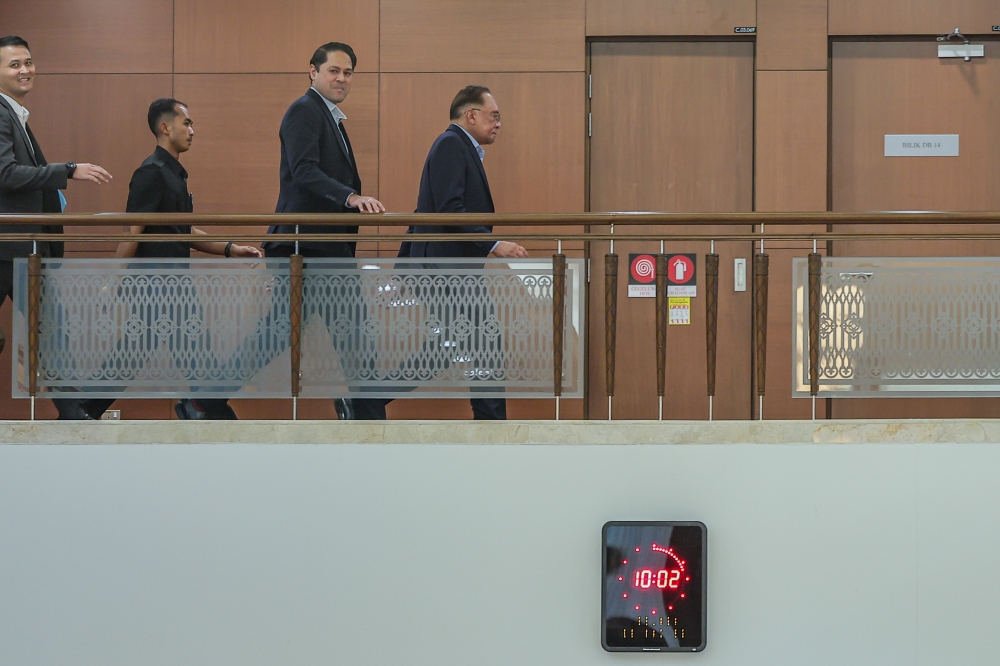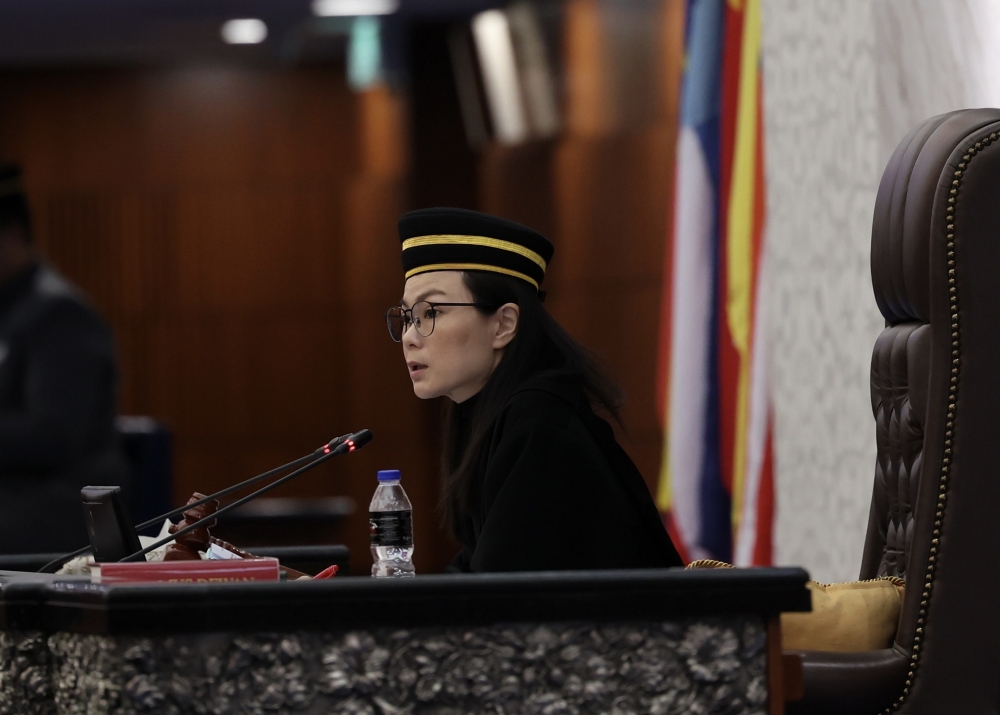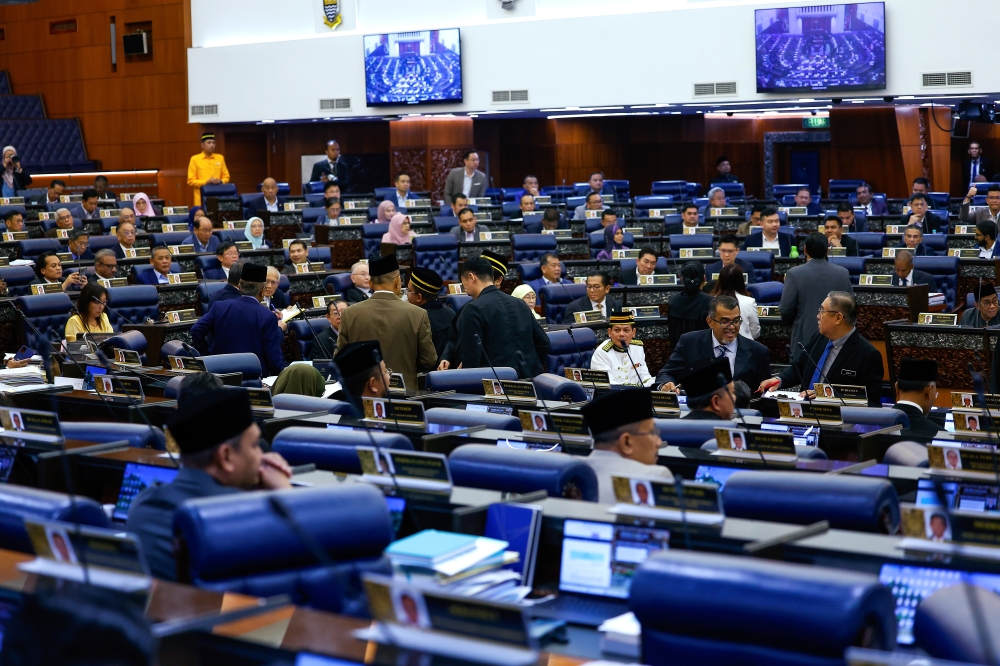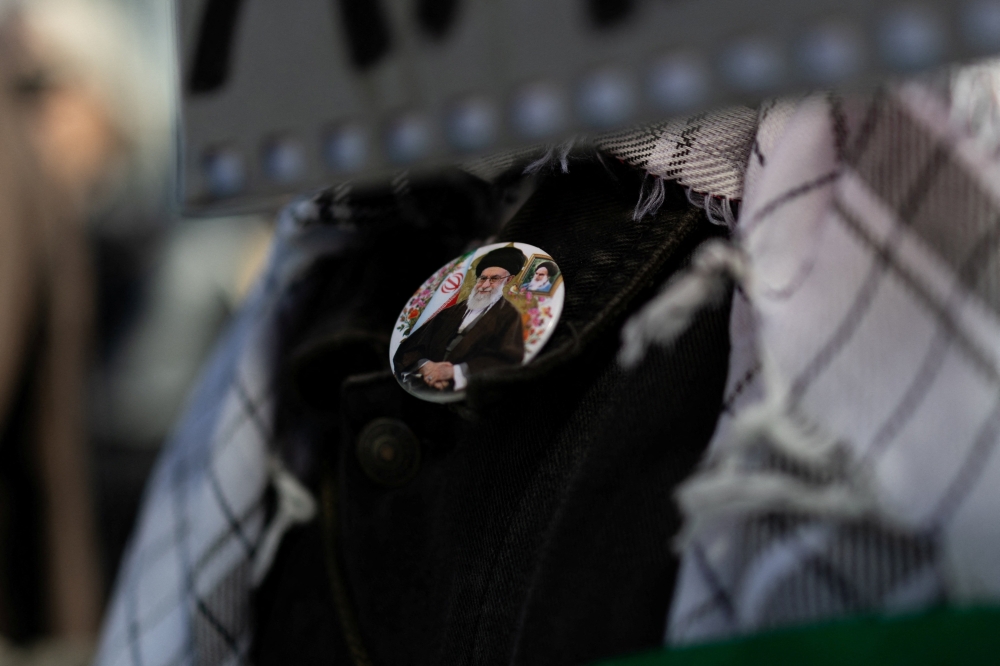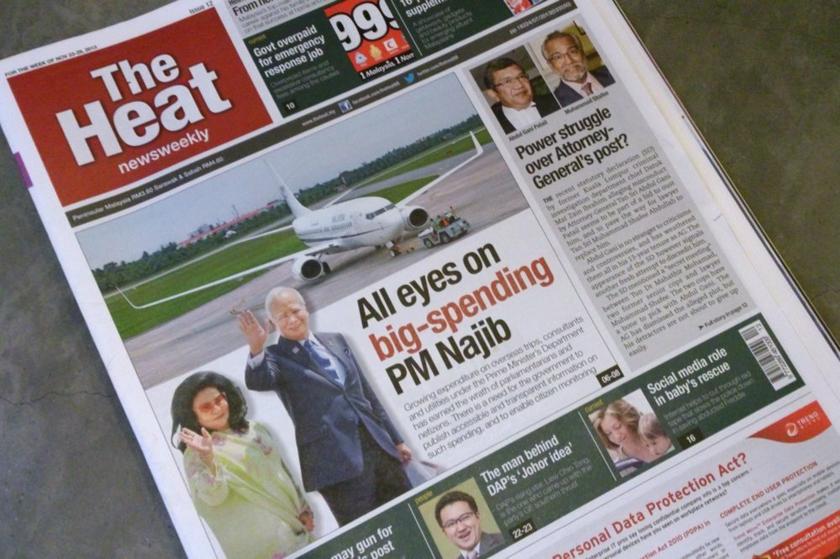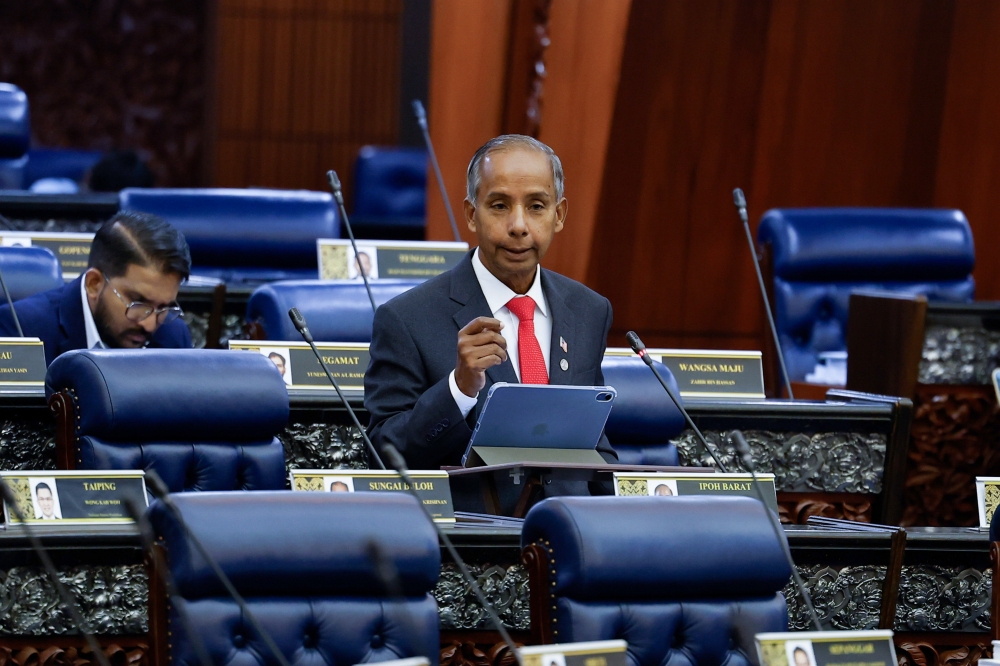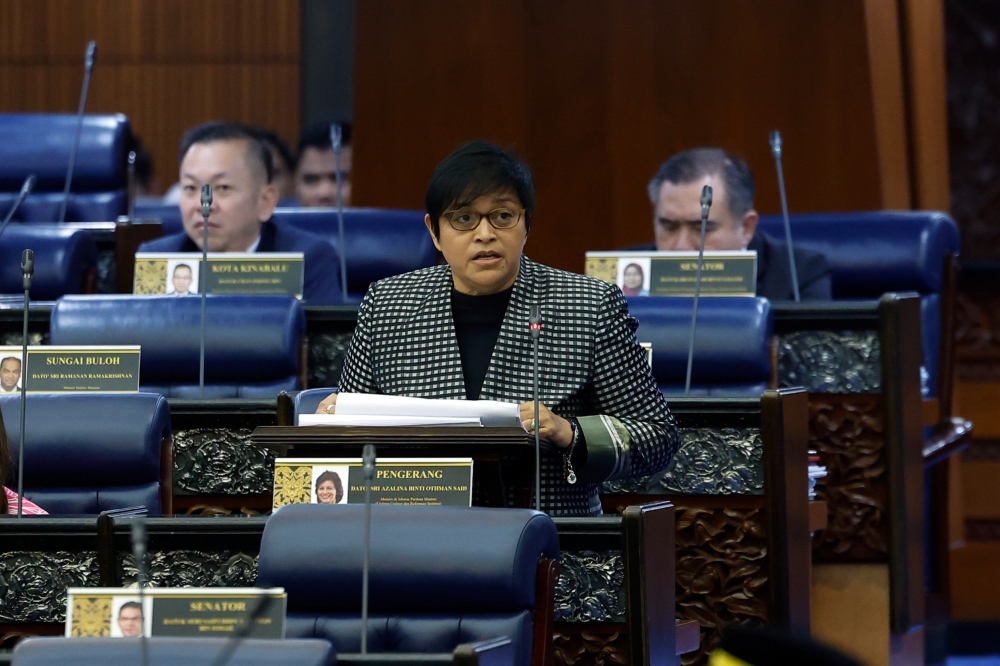KUALA LUMPUR, Dec 28 — The Malaysian Bar urged Putrajaya today to abolish the Printing Presses and Publications Act (PPPA) 1984 and to establish a Media Council instead, amid an indefinite suspension of The Heat weekly.
Malaysian Bar president Christopher Leong criticised the recent suspension of The Heat that was ordered shortly after the paper reported on Prime Minister Datuk Seri Najib Razak’s “big spending” nature in its November 23 to 29 issue, calling it an “unwarranted attack” on press freedom, as well as on freedom of speech and expression.
“Action against The Heat is merely the latest event in a long list of state actions to suppress the press,” Leong said in a statement today.
“Other instances include incidents during which the minister of home affairs harassed a Malaysiakini journalist who was asking him questions, and threatened to shut down newspapers that reported his speech in Malacca the following day; and the physical assault and abuse of media professionals by the police during the Bersih 3.0 public assembly in Kuala Lumpur on April 28, 2012,” he added.
Leong stressed that the PPPA should be repealed as it is an “archaic” law that violates the right to freedom of speech and expression, as enshrined in Article 10 of the Federal Constitution.
“The Act has been used and abused to influence, bully, intimidate, threaten and punish the press. Such legislative and governmental control of the press, including licensing regimes, should end,” he said.
“A free press is a fundamental feature of a vibrant and accountable democracy. An independent press acts as a disseminator of information, and as a check and balance of elected representatives and government,” added Leong.
The lawyer pointed out that the Court of Appeal had dismissed last October the Home Ministry’s appeal against a High Court judgment that allowed news portal Malaysiakini the right to be issued a publication permit.
“It is time that Malaysia provides for independent regulation of the press media,” said Leong.
“Complaints regarding objectionable press stories and material should be dealt with by an independent Media Council to be established — consisting of journalism practitioners and civil society representatives, and with minimal or no government representation — or, alternatively, a Media Ombudsperson,” he added.
The Najib administration amended the PPPA last year to remove the requirement for the print media to apply for annual permits, but the law still gives the home minister the power to suspend a publication.
“There should be a clear separation between the role and purview of owners of media, and professional journalists and management. There should be no pressure or interference by owners of media in the management of editorial and news content of any publication,” said Leong.
The lawyer pointed out that the press could be held accountable through defamation laws, for example.
“Malaysia needs, and Malaysians deserve, a free and independent press, as well as a press that is ethical, responsible and fair,” he said.
Malaysia fell 23 rungs to a historic low of 145th out of 179 countries in the 2013 World Press Freedom Index released earlier this year by Reporters Without Borders, an international press freedom non-profit organisation, which cited increasingly limited access to information in the country.

